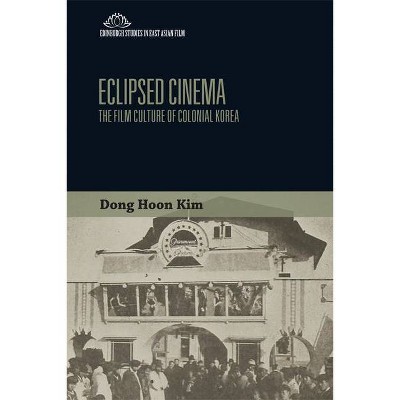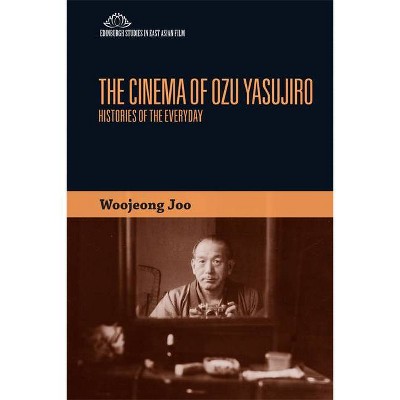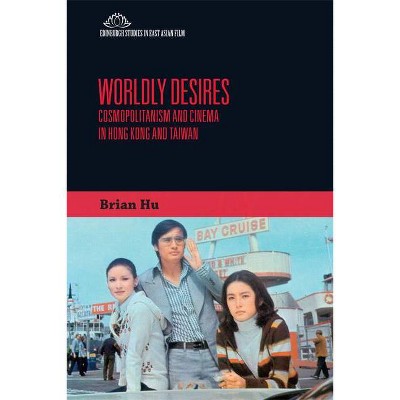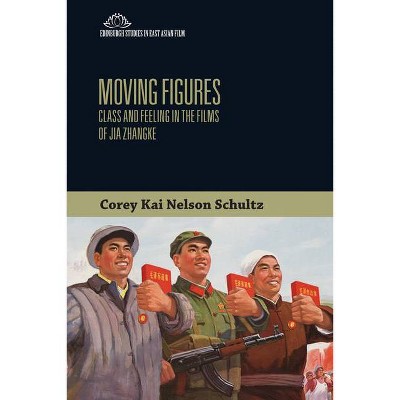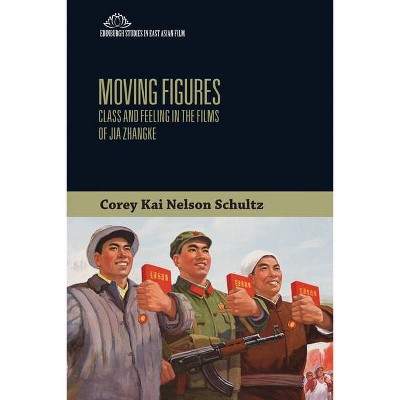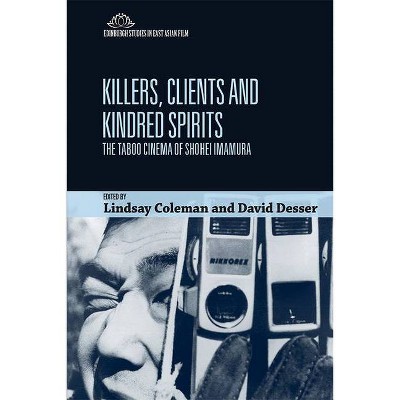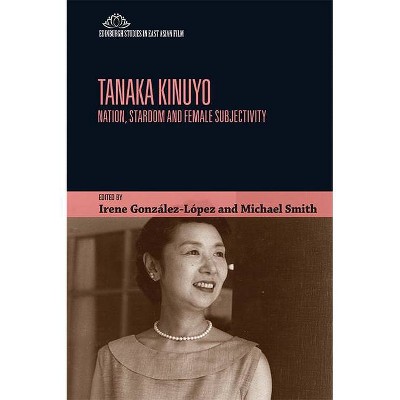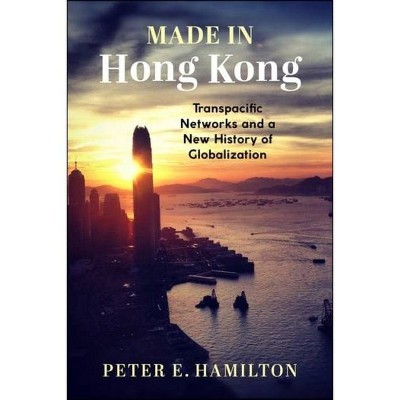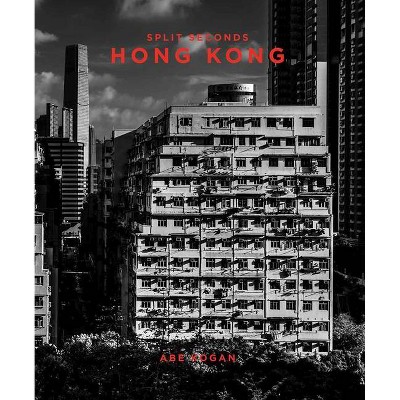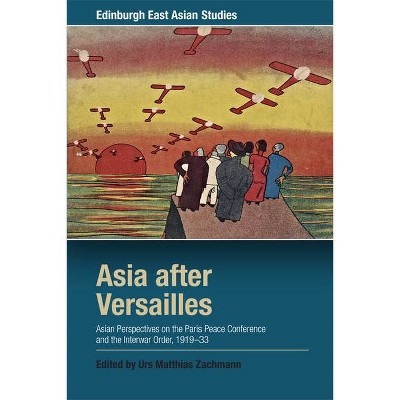Hong Kong Cinema and Sinophone Transnationalisms - (Edinburgh Studies in East Asian Film) by See Kam Tan (Hardcover)
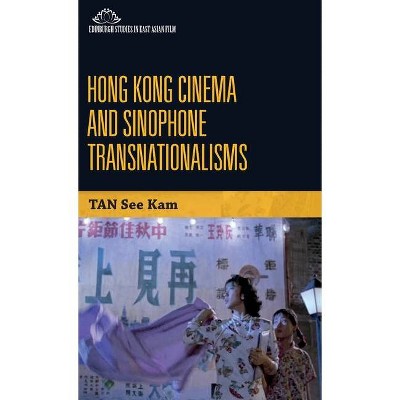
Similar Products
Products of same category from the store
AllProduct info
<p/><br></br><p><b> Book Synopsis </b></p></br></br><p><em>Hong Kong Cinema and Sinophone Transnationalisms</em> explores the intricate complexity of selected films and film-making practices from 1930s Hong Kong (and Shanghai) to the later 'new wave' phenomenon of the 1980s. The result is a Sinophone cinema that created some very different ways of understanding 'China' and 'Chineseness', developing their own 'cosmopolitan dreaming' within the cultural and economic changes of those times. Exploring sinification and its multiple manifestations in film, the book examines cinematic genres including Huangmei Opera films, <em>qiqing</em> (strange or queer romance) films, <em>fanchuaners</em> (professional cross-sex performers) in film, Hong Kong's Bond Movies (<em>bangpian</em>), erotic (<em>fengyue</em>) films, and New Wave Hong Kong cinema. In doing so, this book lays fruitful foundations for further understanding the development and changing faces of Hong Kong films and sinophone transnationalism in the even more complex and changing times of today. </p> <p> </p><p/><br></br><p><b> From the Back Cover </b></p></br></br>Hong Kong Cinema and Sinophone Transnationalisms explores the intricate complexity of selected films and film-making practices from 1930s Hong Kong (and Shanghai) to the later 'new wave' phenomenon of the 1980s. The result is a Sinophone cinema that created some very different ways of understanding 'China' and 'Chineseness', developing their own 'cosmopolitan dreaming' within the cultural and economic changes of those times. Exploring sinification and its multiple manifestations in film, the book examines cinematic genres including Huangmei Opera films, qiqing (strange or queer romance) films, fanchuaners (professional cross-sex performers) in film, Hong Kong's Bond Movies (bangpian), erotic (fengyue) films, and New Wave Hong Kong cinema. In doing so, this book lays fruitful foundations for further understanding the development and changing faces of Hong Kong films and sinophone transnationalism in the even more complex and changing times of today. Tan See Kam is Associate Professor of Film Studies at the Department of English, Faculty of Arts and Humanities, University of Macau, Macau SAR; and also Chair of Asian Cinema Studies Society.
Price History
Price Archive shows prices from various stores, lets you see history and find the cheapest. There is no actual sale on the website. For all support, inquiry and suggestion messages communication@pricearchive.us
